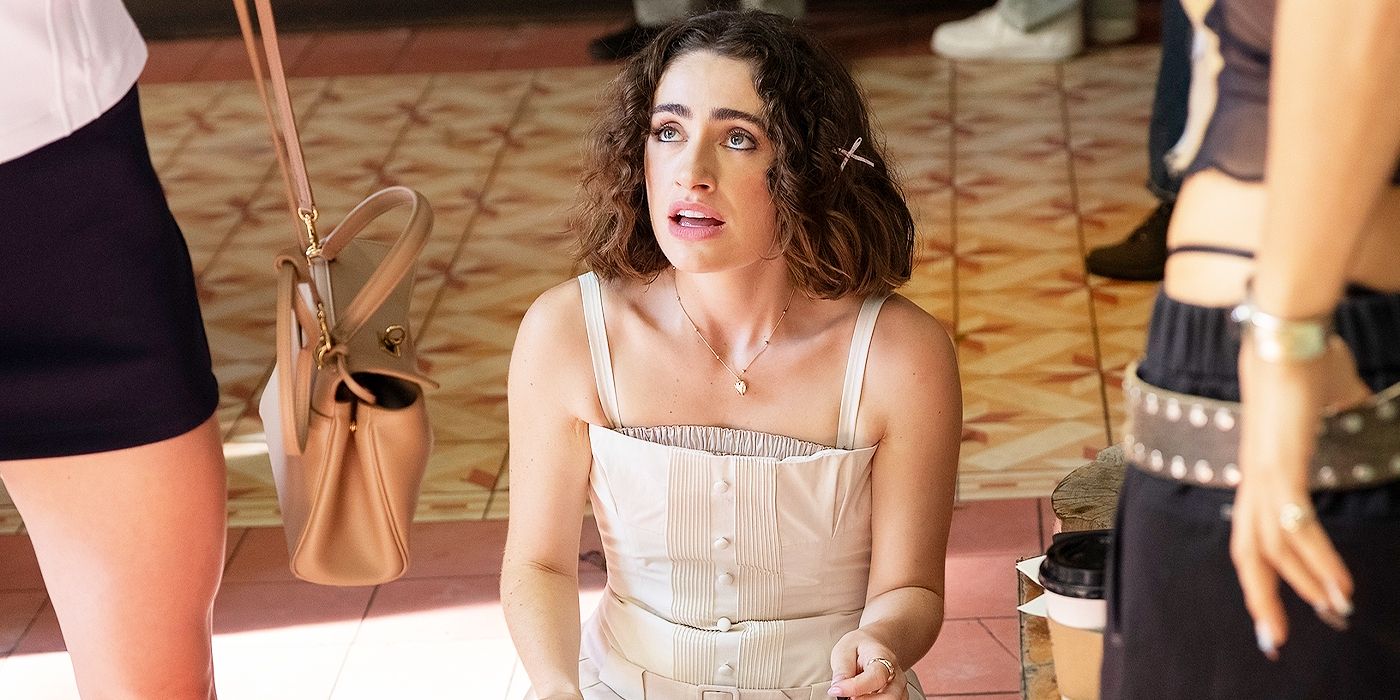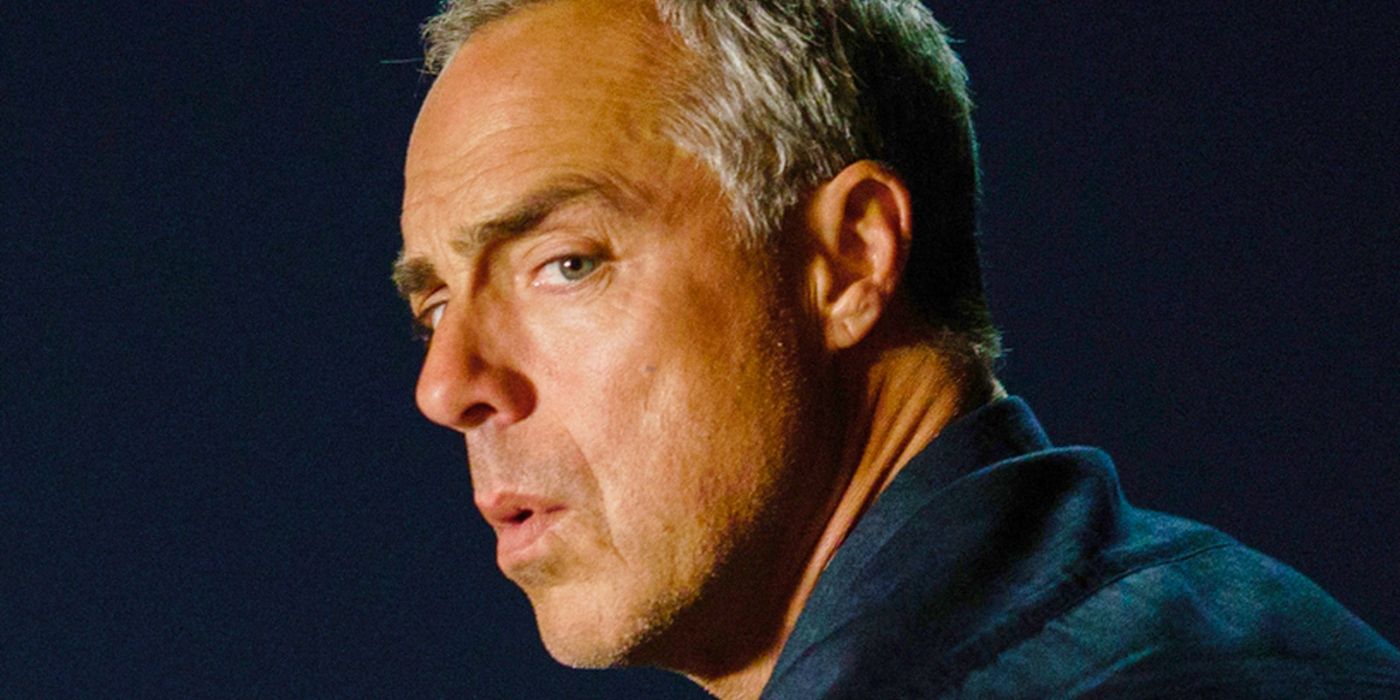Rachel Sennott’s HBO Comedy ‘I Love LA’ Exposes the Toxicity of Our Online Lives, Challenging the Very Fabric of Modern Identity and Community Dynamics in a Way That Will Divide Audiences Like Never Before.
Rachel Sennott has emerged as a formidable force in the entertainment industry, particularly in the realm of comedy, over the past five years. Her trajectory has been marked by a series of projects that not only highlight her talents as a performer but also showcase her capabilities as a writer and director. With her latest work, ‘I Love LA,’ Sennott continues to push boundaries, offering a sharp critique of our increasingly online society.
Sennott first gained widespread recognition with her role in ‘Shiva Baby,’ a film that deftly navigates the complexities of modern life, particularly for young women who often feel out of place in a world that seems to misunderstand them. The film’s tight narrative and relatable themes resonated with audiences, establishing Sennott as a voice to watch. It was not merely a comedy; it was a reflection of the anxieties and pressures faced by millennials and Gen Z, particularly the feeling of being trapped in a cycle of expectations and misunderstandings.
Following ‘Shiva Baby,’ Sennott’s performance in ‘Bottoms’ further solidified her status as a versatile comedic talent. The film, which she co-wrote, explores themes of friendship, identity, and the absurdities of teenage life, all while maintaining a sharp comedic edge. This ability to blend humor with poignant social commentary has become a hallmark of Sennott’s work, allowing her to connect with audiences on multiple levels.
In ‘I Love LA,’ Sennott takes her exploration of identity and community dynamics to new heights. The series delves into the lives of characters who are deeply entrenched in the social media landscape, reflecting the ways in which our online personas can distort our real-life interactions. The show serves as a mirror to our society, revealing the often painful truths about how we present ourselves online versus who we are in reality. This theme is particularly relevant in today’s world, where social media platforms dictate much of our social interactions and self-worth.
The series does not shy away from addressing the darker aspects of being “terminally online.” It captures the anxiety, loneliness, and disconnection that can arise from a life lived through screens. Sennott’s characters grapple with the pressures of curating their online images, often leading to a sense of inadequacy and isolation. This portrayal resonates with many viewers who have experienced the toxic effects of social media, making ‘I Love LA’ a timely commentary on the state of modern relationships.
Moreover, Sennott’s writing is characterized by its wit and incisiveness. She has a unique ability to blend humor with social critique, creating a narrative that is both entertaining and thought-provoking. The dialogue in ‘I Love LA’ is sharp, filled with clever observations about the absurdities of contemporary life. This approach not only engages viewers but also encourages them to reflect on their own experiences in a digital world.
The cultural implications of Sennott’s work extend beyond mere entertainment. ‘I Love LA’ challenges viewers to reconsider their relationship with technology and social media. It raises important questions about authenticity, connection, and the impact of our online lives on our mental health. In a time when many people are questioning the role of social media in their lives, Sennott’s series offers a critical lens through which to examine these issues.
As the series unfolds, it becomes clear that Sennott is not just a comedian but a cultural commentator. Her work invites audiences to engage in conversations about the nature of identity in the digital age, the pressures of social media, and the complexities of human connection. This willingness to tackle difficult subjects sets Sennott apart in a crowded field of comedic voices.
The reception of ‘I Love LA’ has been mixed, as is often the case with works that challenge societal norms. Some viewers may find the portrayal of online culture too harsh or uncomfortable, while others may appreciate the honesty and vulnerability that Sennott brings to her characters. This division in audience reaction reflects the broader societal debate about the role of technology in our lives and the impact it has on our relationships.
In conclusion, Rachel Sennott’s ‘I Love LA’ is a bold exploration of the complexities of modern identity and community dynamics in an increasingly online world. Through her sharp writing and engaging performances, Sennott holds a mirror up to society, prompting viewers to reflect on their own experiences and the ways in which technology shapes our lives. As she continues to carve out her place in the entertainment industry, Sennott’s work is sure to spark conversations and provoke thought, making her a significant voice for the current generation.
If you’ve been paying attention, then you’re well aware that Rachel Sennott‘s been carving an impressive career for herself over the last five years, with each project smartly showcasing her skills both in front of and behind the camera. Shiva Baby, the tight, razor-sharp indie darling that Sennott led in 2020, perfectly captured what it’s like to navigate life in a world where you feel misunderstood. 2023’s Bottoms cemented her broader comedy skills both as a writer and performer. Those two standouts, paired with fun, dynamic turns in Bodies, Bodies, Bodies and I Used to Be Funny, showed off her undeniable range as a performer.




